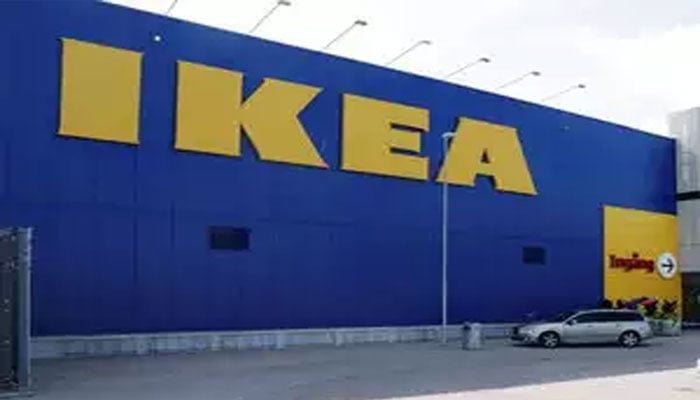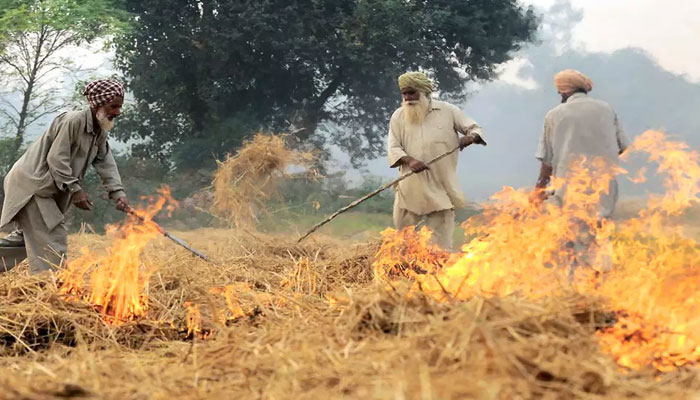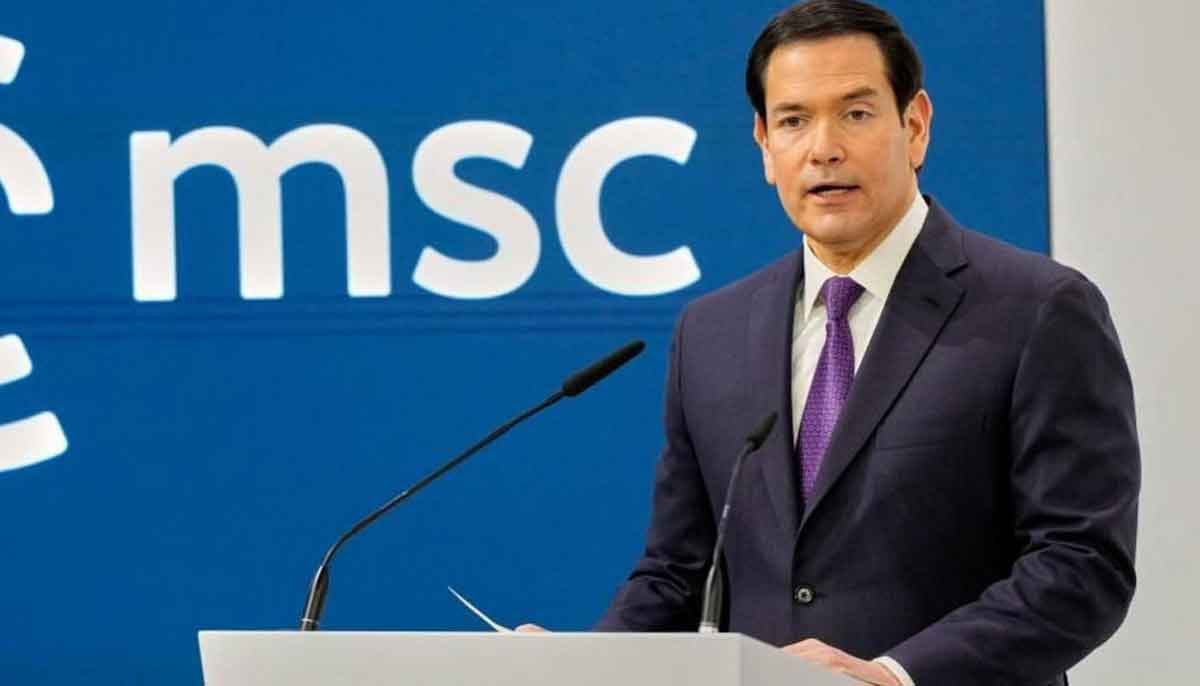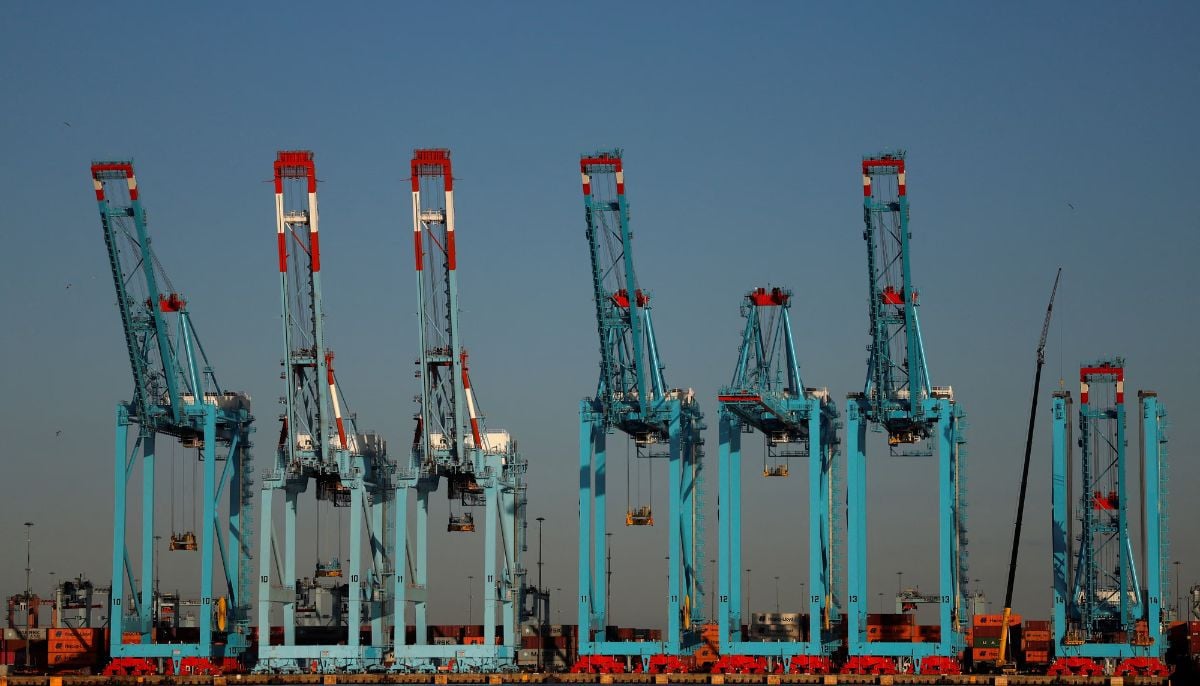IKEA wants to fix India’s pollution by reusing what farmers burn each winter
“Starting off in India, IKEA wants to turn rice straw into a new renewable material source for IKEA products. The ambition is to create a model for how to reduce air pollution that could be replicated in other mega cities,” said Helene Davidson, sustainability manager at IKEA Purchasing south Asia.
The initiative "Better Air Now" by the global furniture giant IKEA, will provide Indian farmers with a use for unwanted rice straw, which is often burned and smoke from the fire contributes to pollution crisis in northern India.
IKEA wants to turn rice straw into household wares in a move that could end up reducing a major source of pollution in India. The global furniture giant will start making products out of agricultural waste in India, meaning farmers no longer have to burn it.
“Starting off in India, IKEA wants to turn rice straw into a new renewable material source for IKEA products. The ambition is to create a model for how to reduce air pollution that could be replicated in other mega cities,” said Helene Davidson, sustainability manager at IKEA Purchasing south Asia.
Currently, the leftover straw is burnt which essentially means that it goes to waste. Farmers say recycling devices cost way too much and expect their respective state governments to offer more incentives for them not to resort to burning them. There is a ban on burning straw but there have been reports which claim farmers find it more economical to pay the penalty than invest in recycling machines.
IKEA, which opened its first stores in India earlier this year, The Swedish company said its first product prototypes based on rice straw will be ready by the end of 2018. It hopes to start selling them in India by 2019-20 before offering them in other markets.
With a reputation built over decades for mass production of cheap furniture, IKEA is re-branding itself as a champion of the environment as customers increasingly demand greener products. It plans to stop using all single-use plastics in its products by 2020.
-
Drama outside Nancy Guthrie's home unfolds described as 'circus'
-
Marco Rubio sends message of unity to Europe
-
Hilarie Burton reveals Valentine's Day plans with Jeffrey Dean Morgan
-
Jacob Elordi, Margot Robbie on 'devastating' scene in 'Wuthering Heights'
-
China to implement zero tariffs on African imports in major trade shift
-
Jack Thorne explains hidden similarities between 'Lord of the Flies' and 'Adolescence'
-
Elon Musk vs Reid Hoffman: Epstein files fuel public spat between tech billionaires
-
New Zealand flood crisis: State of emergency declared as North Island braces for more storms













